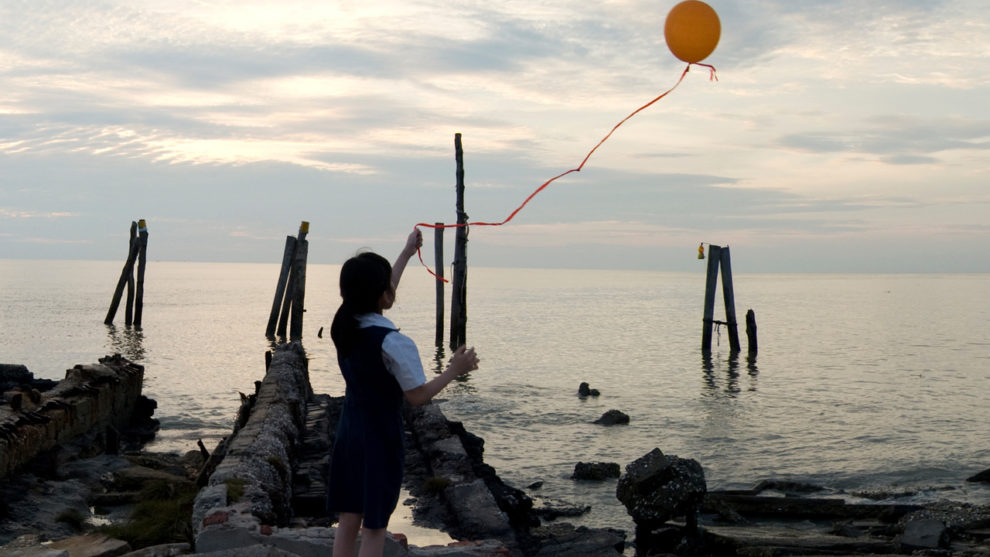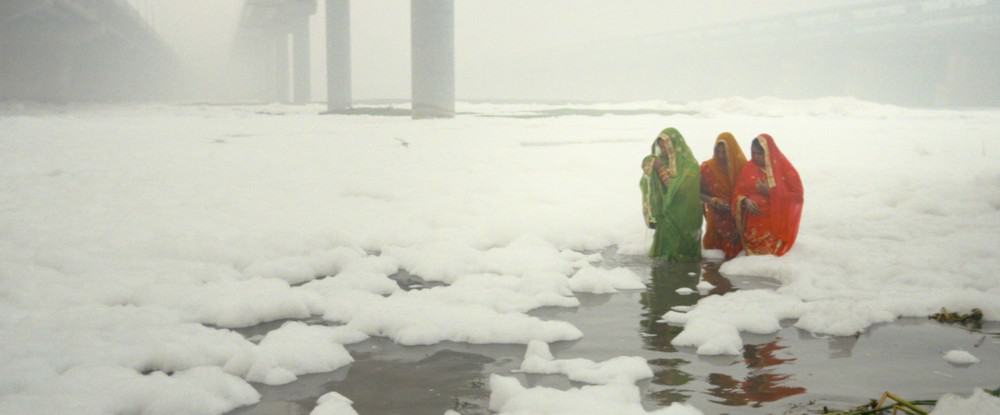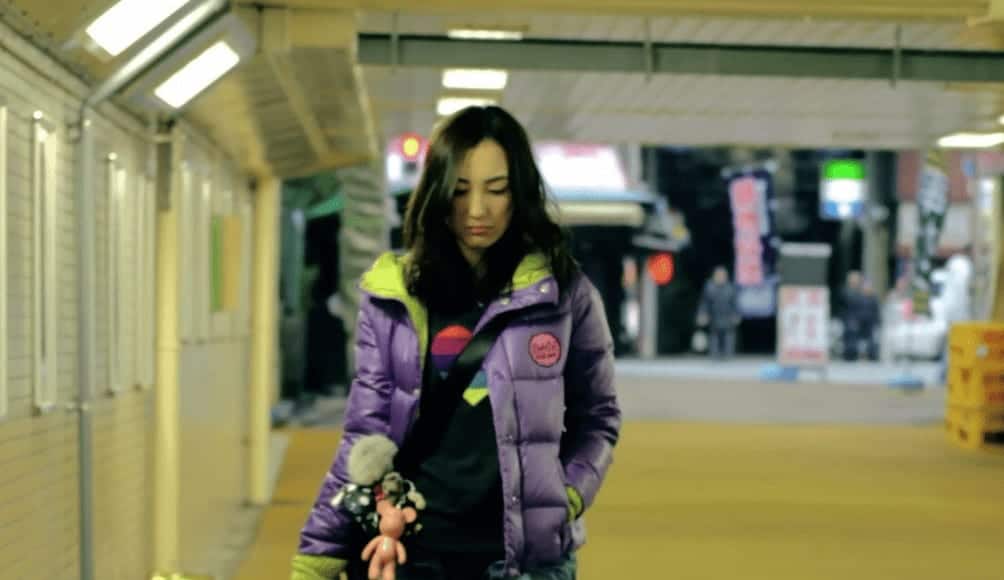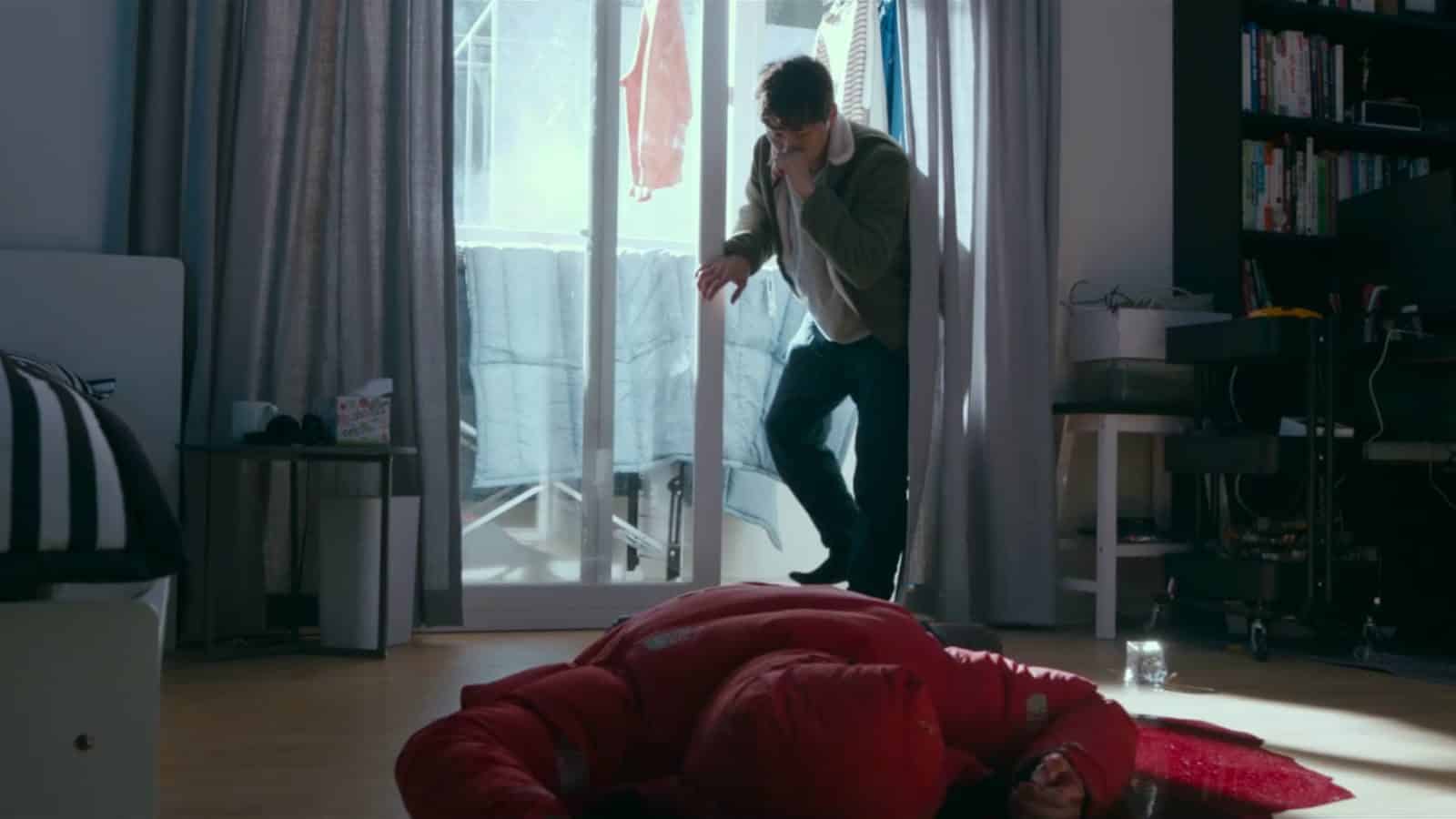Abuse and exploitation can take on many forms, can be physical or psychological, but most of the time it may just be a combination of the two. While no one would deny their lasting effect on the individual, actually breaking out of that circle and not walking a path which is potentially self-destructive and can also hurt those around you, is quite taxing for many, and it can take years to finally be able to put these experiences behind you. In his short feature “Love Suicides” Malaysian director Edmund Yeo tackles the subject of an abusive relationship, telling the story of a family whose members suffer from the behavior of the father, which leaves quite a mark on the mother and the daughter in their connection and in general their way of looking at the world.
Love Suicides is streaming on MUBI
Based on a story by writer Yasunari Kawabata, the script focuses on the mother (Kiew Suet Kim) and her daughter (Arika Lee) who live on the outskirts of a village which is close to the sea. After certain events, for example, when the daughter uses a porcelain bowl during dinner or when the mother does the cooking, they find handwritten messages, supposedly from the father telling them to stop said behavior because it is too loud and “his heart aches”. Eventually, as the messages become more frequent, and the list of things they are not allowed to do any more becomes longer, they experience the consequences as they grow apart from each other or seek solace in being alone.
Rather than exploring the themes of exploitation and abuse through a more realistic manner, Yeo uses a more metaphorical approach to highlight the consequences of these events. At the beginning, a viewer might even get the idea, the story of the feature actually deals with other concepts, such as grief or emotional distancing (albeit in a different context), considering the aesthetics are minimalist and there is no dialogue, if you do not count the aforementioned messages. Whatever your reading of the events may be, it will strike you as quite strange and disturbing to analyze the nature of the messages, their content and the reaction it causes, especially since both, mother and daughter, seem to have grown accustomed to these arbitrary restraints and rules, disguised within the emotional framework of the writer's heart “aches”.
At the same time, Yeo stresses the consequences of what is essentially emotional blackmail. Kiew Suet Kim and Arika Lee emphasize in their performance, their gestures and their behavior with one another, the level of insecurity and distress, which increases as the messages continue. Because this routine has been going on for quite some time, as suggested by their reactions to the messages, especially Lesly Leon Lee's cinematography emphasizes the kind of isolation both characters seek, as a means to deal with the situation, to distance themselves and find some kind of solace, which in the case of the mother slowly ceases to be this kind of emotional refuge.
In the end, “Love Suicides” is a thought-provoking and quite sad feature about abuse and emotional blackmail. Through its metaphorical approach in terms of storytelling and form, Edmund Yeo manages to underline how a toxic relationship can shape a family, the feelings of its members and their behavior with one another.
















